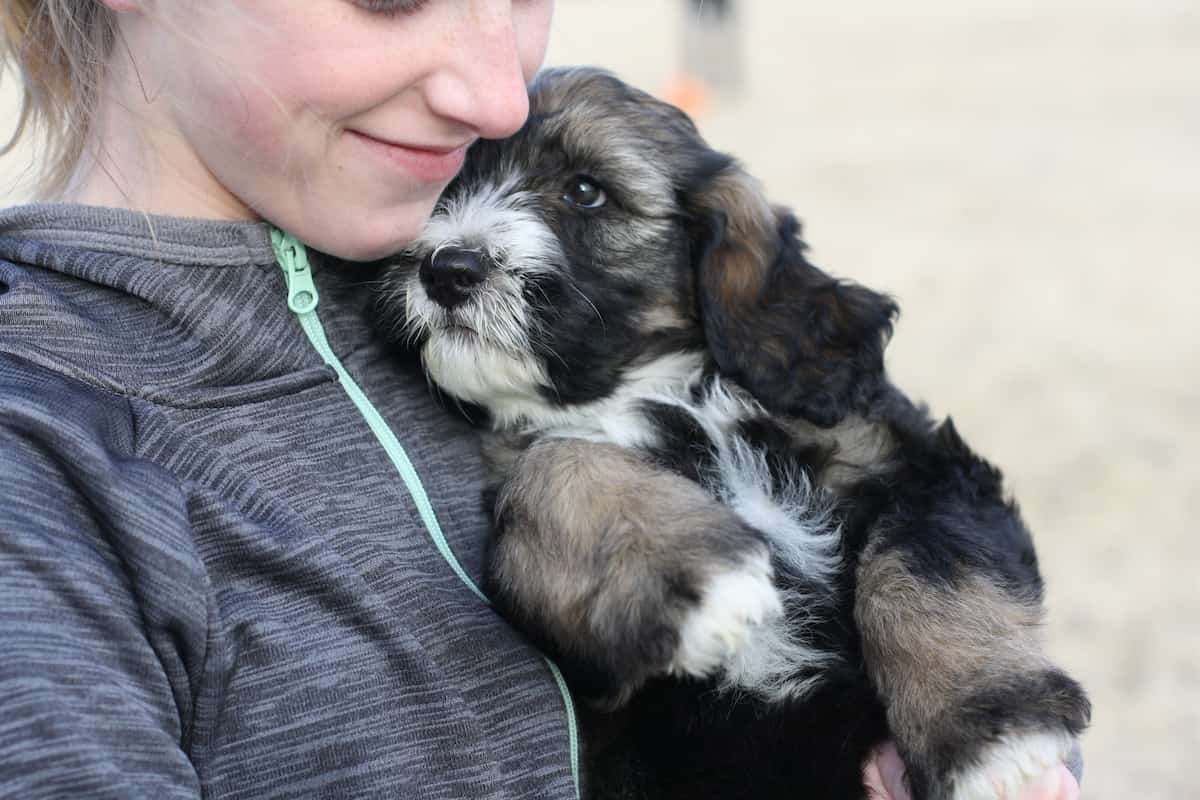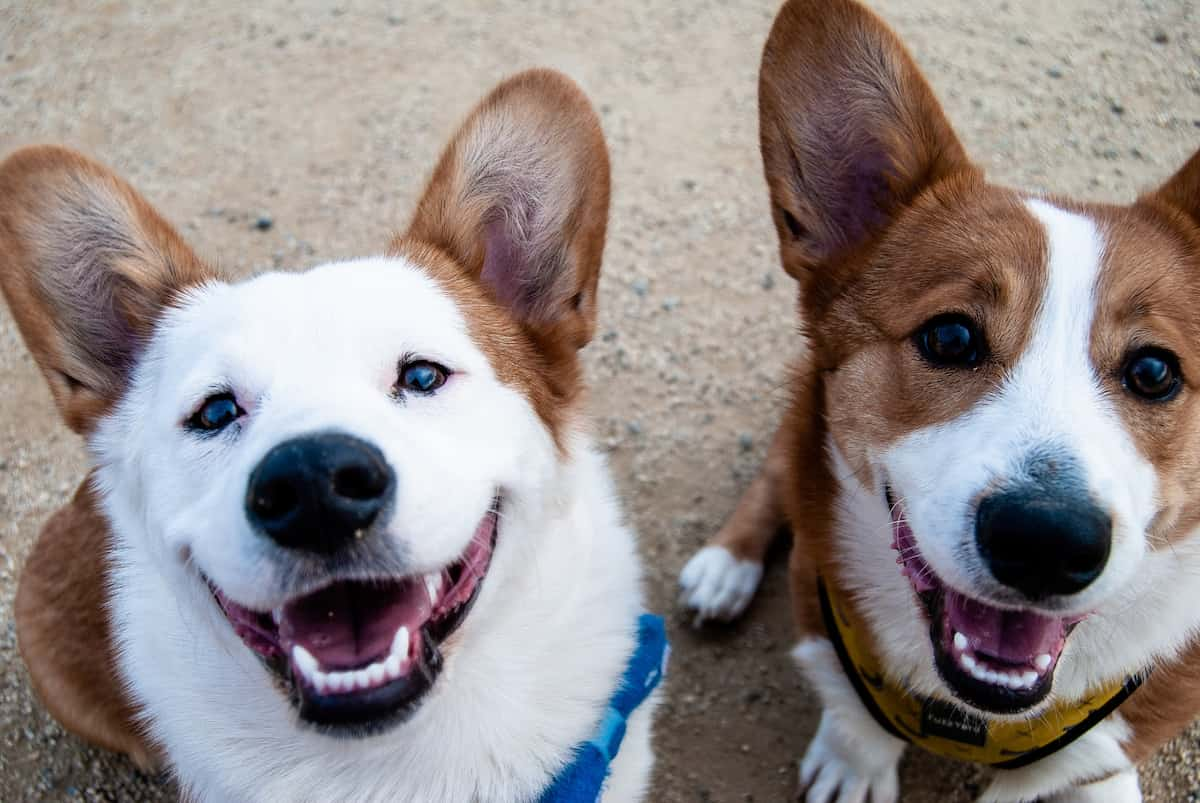Table of Contents
Overview:
"21st century dogs bear a greater significance to humans than they ever did 30,000 years ago when humans began domesticating them. Now, modern society is experiencing an even deeper connection with dog culture. All over the world, dogs are acquired, adopted, raised, and make up an important part of a people’s lives.
Apart from the benefits dogs give that range from hunting, security, and companionship, improvement of physical and mental health of the owner, owning dogs as pets could also grow patience, selflessness, commitment, and a sense of responsibility.
Are you a dog owner that is looking for ways to make and keep your dog happy? Would you like to learn about potential issues your dog could have and know ways to solve them? This article contains information you should know to make your dog happy and solve potential challenges your dog can face.
A dog is a naturally vibrant creature. It is not rare to find playful, joyful, and caring dogs. More often than not, you will find smiling dogs that will steal smiles from you. "
 Time and Attention Are The Two Greatest Gifts We Can Give Our Dog. It Is The True Road to Dog Happiness and Contentment.
Time and Attention Are The Two Greatest Gifts We Can Give Our Dog. It Is The True Road to Dog Happiness and Contentment.Photo Credit: Kayla Farmer
How To Make Your Dog Happy
It is very important to keep your dog happy. Some ways you can do this include getting your pet toys, treats, and providing them with a comfortable environment. You can also play with your dog by scratching their fur, making funny faces, and playing fetch. As mentioned in one blog at https://woofbarkgrowl.co.uk, exercise, like stretching, Dogas (Dog-yoga), and hide and seek, heightens their moods and would increase the happiness of your pet. Moreso, taking walks with your dog would lead to healthier muscles, a good mood, and fitness for both of you.
Other tips include:
- Put up a fence to provide your dog with room to roam and explore.
- Use a comfortable collar made of nylon.
- Provide toys that encourage discovery such as Kong toys. Having a dog work bit for a treat is consistent with canine scavenger behavior where a little work is required when finding food and to mention the intellectual challenge.
- In the summer put some water in a kiddie pool that will provide more fun and a way to cool off.
- Give your dog an unexpected or frozen dog treat.
When your dogs are happy, they show;
- Relaxed ears: Ears would look floppy, soft, and naturally rest against the dog’s ears. Rubbing the ears and patting the body is one way to tell your dog that you love him.
- Gentle eyes. Try lovingly gazing into your dog's eyes to return the love.
- Tail wagging, belly and tongue showing.
- Body wriggles
- Friendly behavior, obedience, friendliness to other people and animals.
- Full-blown smiles
- Play bows: They are signs that your dog is happy and ready to play with you. Play bows happen when a dog becomes excited, lowers his or her chest to the ground, and wags the tail. Have fun together!
 Two Smiling Happy Dogs
Two Smiling Happy DogsPhoto Credit: Gotaflow
Signs That Could Lead to Issues In Your Dog?
Instinctive Behavior
Some natural behaviors that you should expect in your dog include digging, barking, play biting, chewing, howling, licking, fetching, rolling in poop, dirt, or retrieving dead animals. You can train your dog to reduce such habits but don’t be surprised or offended when they exhibit those instincts.
Deviation in your dog’s training, natural behavior, or daily routine could be because of:
Health Issues
Health problems in dogs like arthritis, cataracts, ear infection, obesity, diarrhea, and many more can make your dog cranky, act aggressively and destructively, or appetite loss. Hurting dogs will often bark, growl, or bite their owners.
Look for signs of broken, misshapen, or protruding bones, open wounds. When a dog paws at his or her ears more than usual, it could mean an ear infection. If your dog keeps urinating or defecating all around the house despite being potty trained, then that could mean he or she has diarrhea, allergic reaction, or urinary infection. If your dog keeps running into things or has a lopsided walk, then eyesight issues could be the problem.
A balanced diet, preventive medication, exercise, regular visits to the veterinarian could prevent your dog from diseases like heartworm and kidney disease. Teeth brushing and dental checkups could prevent periodontal diseases, tartar, and plaque build-up.
Sadness
Yes, dogs can be sad; they’ve got feelings too. If you are away often from home and you hardly play with him or her when you are at home, that could lead your dog to sadness and, in extreme cases, depression.
When your dog does not eat, whines often, and is reluctant to engage, or is abnormally quiet, call in an animal behavior expert or go to the veterinarian. If your dog is in perfect health and still seems ill, sad, or depressed, then it’s time for you to show your dog some attention and love. When you are away from home, set up cameras you can use to monitor and interact with your dog.
Aggressive Behavior
Dogs are natural protectors; they would act aggressively by barking, growling, baring their teeth, or raising their ears when they sense their human is in danger or when another animal or human is intruding on your home. Their heightened sense of smell, hearing, and sharpened eyesight make it easy for them to detect threats or foreign elements in their environment.
You may need to stay alert when your dog suddenly starts acting aggressively. If the aggressive behavior comes up when there’s no threat, you may need to have your dog at a safe distance from children or other people until you resolve whatever is causing the aggression.
A dog is a buddy. A dog is a companion. A dog is a friend. It is your responsibility to ensure your dogs get all the love and affection it needs and a suitable environment and condition to live in.
